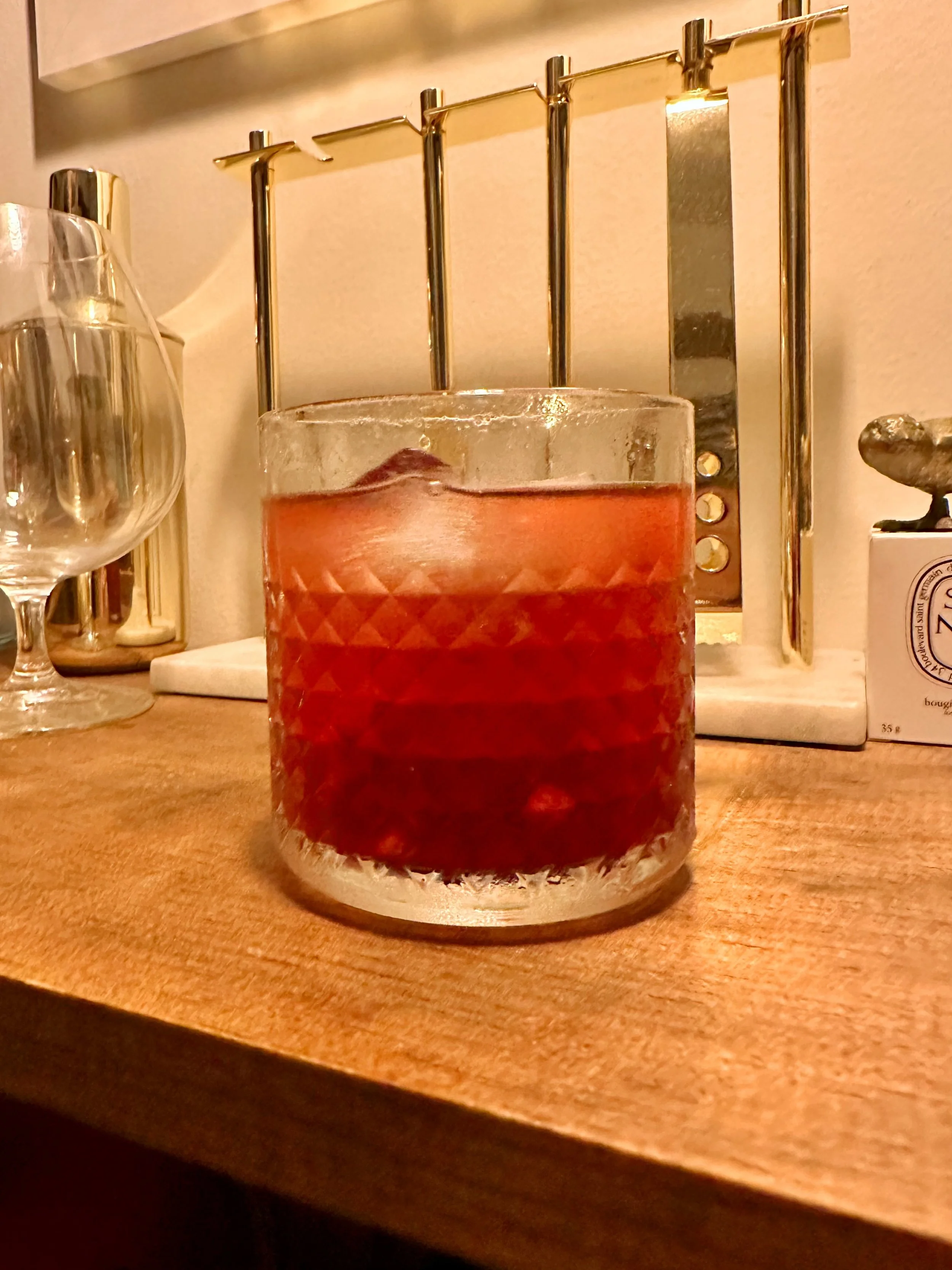Four Ways to Ease End-of-Year Anxiety
Oh no, Deadline 2022 is within sight. But are the goals set in January putting pressure on wrapping up work and having fun?
This time of year is a mix of feeling excited for a fresh start and also nagged for what needs to get done. It also permeates deeper than the usual worry in the head to unease in the body. Year-end anxiety is prevalent and reoccurring.
Unmet intentions for career, fitness, health, etc. increase feelings of anxiety, which is fundamentally fear. Fear that if those goals were not accomplished by now, then they never will be and success will never be experienced. This can interfere with sleep, mood, and enjoyment of the last weeks or days of this trip around the sun.
Most of the time, a realistic awareness about the state of affairs alleviates fear. Anxiety is designed to help us address problems. Using this to take action can ease anxiety symptoms, like restlessness, that accompany perceptions of shortcomings or failure.
The brain decreases anxiety through memory and learning mechanisms. We are conditioned to know what is not a threat by past experiences. When something blurs that distinction, anxiety forms. When anxiety increases, conscientiousness decreases- less care is taken into the work being done. The dopamine, or reward, system participates in regulating aversion memory and learning, as well communicating with the fear circuit comprising the amygdala and mPFC (medial prefrontal cortex).
Taking Action
1. Make A List + Check It Twice. You’ve accomplished more than you think. Write them out to see the bigger picture. Little tasks add up to form bigger goals that may require more time than initially expected. Knowing what you've done triggers satisfaction in the brain through the dopaminergic reward system. Paired with a gratitude list, this method can be fulfilling and uplifting. So, you won’t that grouch at the New Year’s party.
2. Reset Deadlines. Anything not done by your deadline of December 31, 2022 can wait until 2023. It’s as easy as re-scheduling a task from Saturday to Sunday or Monday*. Better to get it done right than rushing to get it wrong. This can improve sleep because constant thoughts of getting things done in a short period of time is no longer keeping you up at night. Lack of sleep can alter thalamic activity, which can diminish consciousness and survival instincts.
3. Reset Goals. Maybe not every goal set out in January is relevant by December. Re-evaluate what to prioritize and what your projects can do without. This can be cathartic because, like Spring cleaning, this helps to reflect on what you need and want. Clearing the mind of unnecessary tasks improves focus for more important matters. Increased focus also improves memory and decreases anxious thoughts.
4. Look Forward. This is actually an ideal time to consider improving on how to meet goals in a brand new 365 days around the sun. Almost everyone relaxes from the excitement of something new. Especially a brand-new day. Realizing what causes anxiety can also help to learn how to avoid unhelpful strategies or overcome fear-inducing situations in the new year. We all occasionally need a bit of reprogramming, so better to do it while there’s time left to enjoy the party.
Bottom Line
Anxiety can prevent living, which can lead to depression. The little things taken a little at a time can amount to big nervous system rewards. At the beginning of any time frame, year or day, we are more relaxed because it seems like we have all the time in the universe to accomplish our tasks and goals. By December, the unfinished tasks get put into the forefront of our minds, thus increasing anxiety. We do not want to stress our regulatory brain regions over the remainder of the year, so take it easy and have perspective and focus on priorities. This way you can wrap the year up with a bow.
NEUROSCIENCE X AYURVEDA
*January 1, 2023 lands on a Sunday.
This is for basic and general anxiety. For example, feeling restless about incomplete goals rather than having a panic attack. If you experience severe anxiety, then please speak with a healthcare professional. The information presented here is not intended for medical advice.














Love of what or whom?